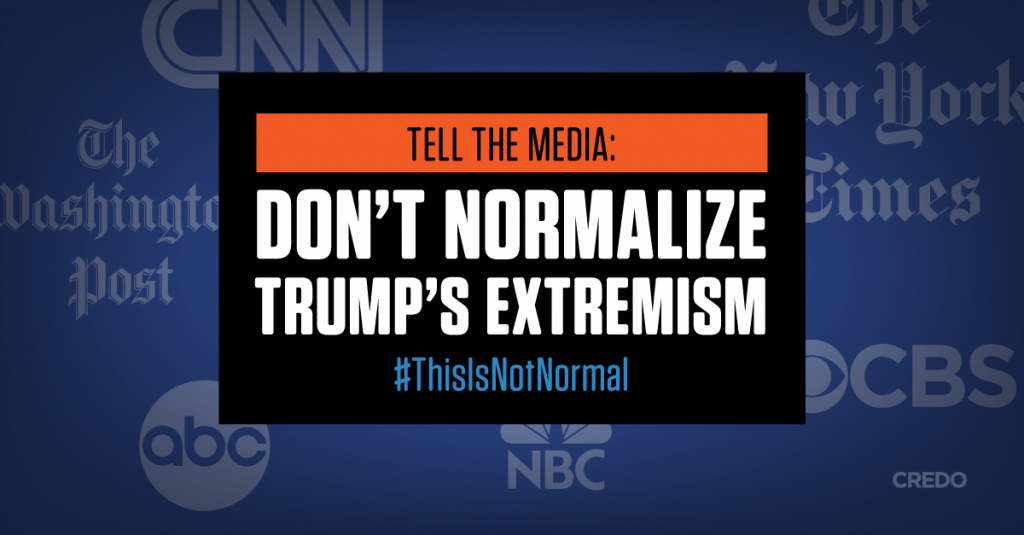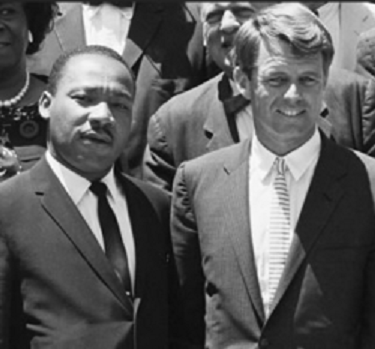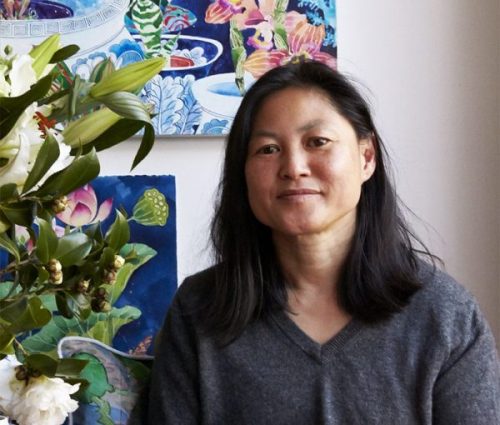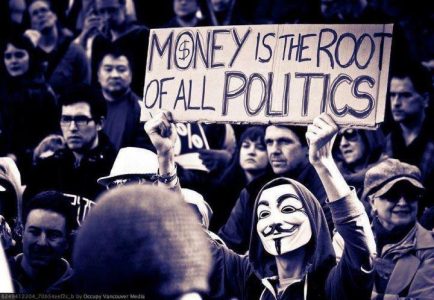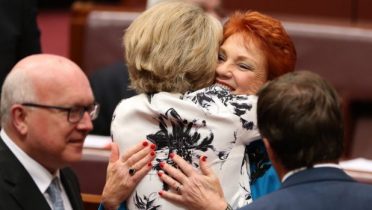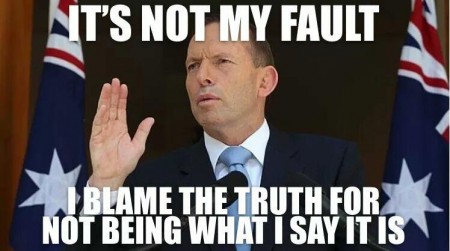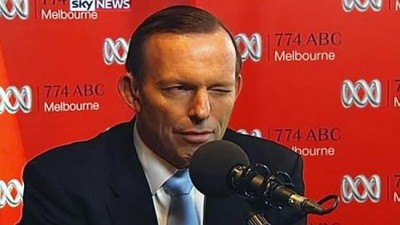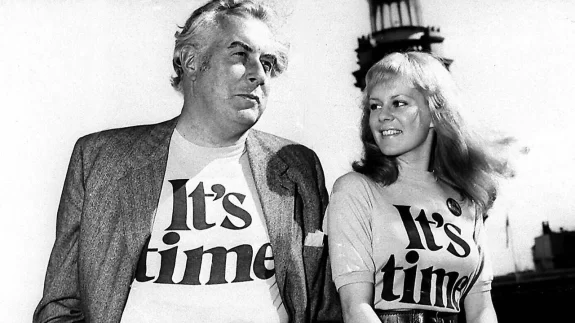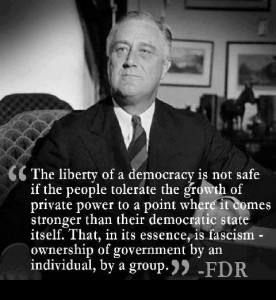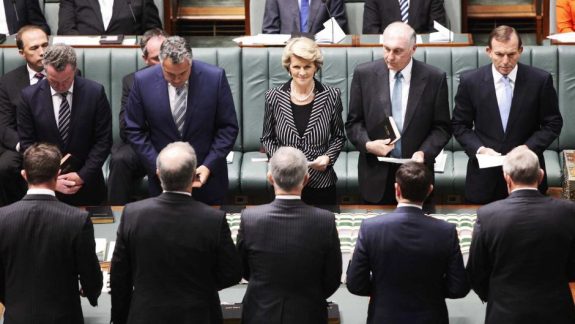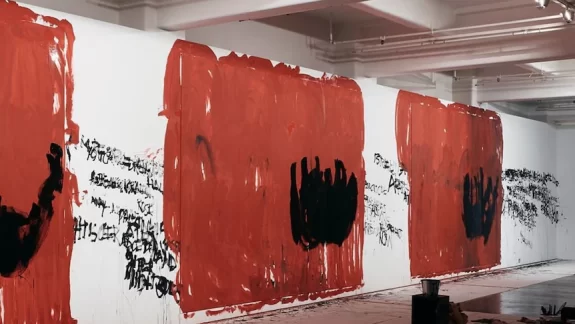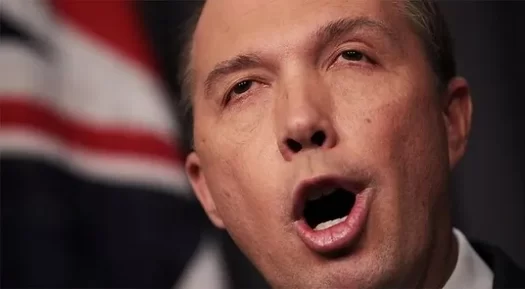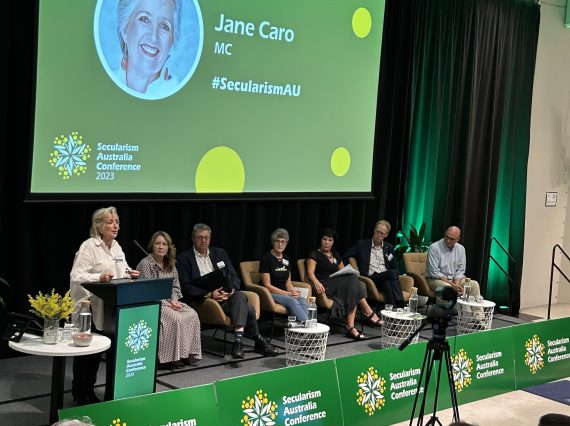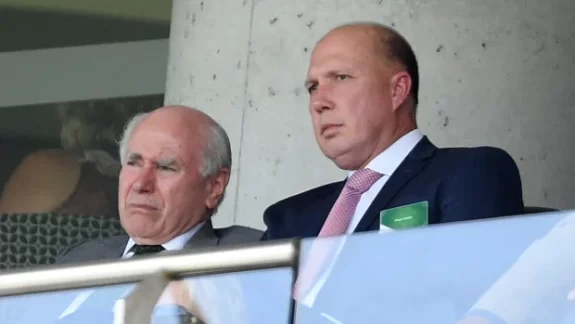By Frances Goold
‘Schwartz claims her role to be that of a “counterpoint” to that of the museum. “Within public spaces and museums there is an interrelation between the curator and the artist, but this is really the province of the artist. The gallery was founded on the principle of artists being able to do whatever they wanted to, with no constraints.”’ (Art & Design magazine, ‘Broadsheet’ interview; Anna Schwartz with Dan Rule, 2012).
‘Performance artists have often integrated the traumatic experiences of war into their art, placing themselves at the narcissistic centre of their work. This can be seen in the work of artists like Marina Abramović, Joseph Beuys, and the Vienna Actionist Arnulf Rainer, who influenced Parr. The strength of these performance artists is precisely this expansive narcissism which gives them the uninhibited self-confidence to go where no other is prepared to, even as they seem blinded to the pain of others. They subject their bodies and others’ social psyches to intense pressures, breaking taboos, engaging in myth making, connecting with spirits, or inducing altered states of consciousness. Performance art is in this way as much masochistic as it is sadistic.’ (Paris Lettau, Mike Parr: Sunset Claws, Part 3: Going Home).
‘It’s called Dirty Blanket because I don’t bother to use fixative on my quagmire of media and because of a story told by [the English paediatrician] Donald Winnicott that particularly resonates for me, about his five-year-old daughter’s peculiar attachment to a dirty blanket’. (Interview with Janet McKenzie, Studio International, April, 2023).
‘”It is a history painting of our time,” says leading Australian curator Juliana Engberg, the former Sydney Biennale and ACCA director. “A profound and perplexing work; a Babel; a blind scribe; an obliteration; a monstrous mess and huge mourning for a tragedy… It’s our Guernica.”’ (Virginia Trioli, ABC News, Dec 16, 2023)
1
If you’re hankering for freedom of expression, try being a top tier gallery artist without a contract.
In December last year, controversial performance artist Mike Parr (MP), was dropped by his long-term gallerist/dealer, Anna Schwartz (AS), for a blind-painting performance piece on December 2, critical of the Israeli-Hamas war.
After thirty-six years the marriage was over: MP was instructed to vacate the gallery at the end of the show, though at his request was given an extension by AS from end-December to March to remove all artworks/archives from the premises.
The offending piece that brought to a close their professional association was the final ‘iteration’ of a 3-part performance work titled, Sunset Claws (Going Home) at the Anna Schwartz Gallery (ASG) in Melbourne. Here, MP, his eyes closed and in a somnabulistic state for several hours, painted words and phrases from texts extracted from the London Review of Books and other progressive media sources on the gallery wall as read aloud to him by an assistant. He then ‘blind-painted’ patches of blood red paint, then silhouettes of horses in black over the ‘palimpsests’.
MP’s December performance concluded prior to the publication by The New York Times (NYT) of independent reports confirming atrocities committed by Hamas terrorists during its surprise attack on Israel on October 7; these documented witness accounts of brutal rapes and murders of women and the slaughter of children, varying accounts of which had been reported by Israel immediately after the attack, and subsequently described as the single greatest terror attack since the establishment of the State of Israel in 1948.
The NYT evidence-based reports have contributed to growing international outrage over alleged atrocities committed by both belligerents and by what is being regarded as the complicity of the US in a humanitarian crisis by supplying arms to its ally, and its veto of an UN resolution for a humanitarian cease-fire on December 10.
Inevitably perhaps, there has been a backlash against mainly peaceful international protests including across migrant communities and diasporas. This has taken the form of widespread censorship and de-platforming of ‘antisemitic’ and ‘pro-Palestinian’ academics and arts bureaucrats, which have drawn the ire of artists of all stripes, creeds, and nationalities who continue to protest against the Israel-Hamas war and Israel’s “disproportionate” bombing and siege of Gaza, and to call for a ceasefire.
Such was the fraught context of the breakdown of relations between AS and MP, a nadir seemingly at once personal and emblematic.
2
Nationalistic rhetoric with its simplistic, reductive dichotomies provides fertile ground for bigotry and intolerance, and can enable the spread of politically motivated dis/misinformation that foments racist vilification, social divisiveness and even civil discord. Polarising discourses promote misunderstanding and sow division where clarity and rigour might furthermore rational debate and better understanding.
It can often seem easier to take sides in favour of populist, covertly racist stereotypes put about by right-wing political interests (as the shameful failure of our Voice referendum tragically demonstrated) than to search deeper for facts and truth. That one may not actually ‘take sides’ yet protest the inhumane cruelties of the Israel-Hamas war in rational debate at times seems hardly possible.
Frequent outbreaks of hostilities in a seemingly endless war between the combatants – the most recent in 2021 – has only increased perceptions that the historical causes and complexities of the current Israel-Hamas war are virtually impenetrable to anyone but seasoned observers. The rapid escalation and horrors of this war have confounded attempts to deconstruct its dynamics or talk sensibly about it without somehow poking the racism bogey, or firing up accusations of racism where it doesn’t exist. This in turn diminishes the significance of the genuine distress underpinning world-wide protests by both Palestinians and Jewish diasporas calling for a humanitarian ceasefire (if not a negotiated peace and/or two-state solution, or whatever may avert further bloodshed and a dangerous escalation), contributing to the demonisation of those protesting the war as if they are somehow themselves combatants.
To complicate matters is a growing sense that Netanyahu’s Israel has been elevated to a moral realm beyond ordinary discourse, where no corruption, no crime against humanity, no extremism is possible that cannot be couched in righteous terms. The acts of “unspeakable savagery” perpetrated by Hamas terrorists on October 7 are repeatedly invoked to vindicate what is now being alleged to be not merely a disproportionate military retaliation but an annihilating strategy by Israel that is inflicting immeasurable suffering upon Palestinian civilians.
Further obstructing and clouding debate is the frequent conflation of the Jewish people (of both Israel and the diaspora) with Zionism, and the Palestinians with Hamas, which derides any critique of the Israeli government’s response to the terrorist attack (as “disproportionate”, for example) as antisemitic. By extension, any show of support for the Palestinian people is depicted as pro-Hamas and therefore an endorsement of Hamas terrorism. Thus, while antisemitism may be on the rise in Australia and elsewhere, this does not mean that it is ubiquitous, and it may be critical for accurate reportage and reasoned debate on the current war that political/ideological distinctions pertaining to the war and its history can be properly clarified.
It is critical for many reasons, but most significantly due to the fact that the present hostilities constitute the fifth war of the Gaza–Israel conflict, part of the broader Israeli–Palestinian conflict, and the fact that international observers are now concerned about an escalation beyond the region. As a formal ally of the US, Australia is potentially implicated.
Underpinning the geopolitics, however, are daily reports of the atrocities of the war.
Harrowing images of dead, wounded, shell-shocked, displaced, and orphaned Palestinian children loom out of the human carnage and apocalyptic ruins. For people everywhere, these images are unbearable, unthinkable, unspeakable. Distress is universal as anger, grief, and outrage trigger demonstrations around the globe.
They say all’s fair in love and war, but the rules of war are long gone. There are no more battlefields, just pulverised countries riven by war. The children of Gaza have become ‘collateral damage’ in the indiscriminate deployment, among other ordnance, of ‘dumb’ bombs – a psychopathically detached, neutralised method of mass slaughter and now, allegedly, genocide.
For MP, viscerally attuned to the plight of children and the ‘blind eye’, and philosophically committed to the power of protest art to render the invisible visible and utter the unutterable, there could be no skirting round the facts received or ditching of his political-artistic commitment to the third part of his performance trilogy, Going Home, which would draw together various fragments of the world’s commentary on a bloody, terminal war under the aegis of the ASG.
After saying to AS, “I do not want to hurt you”, MP then pressed on with his grueling blind protest, a word-salad of textual fragments inscribed on the gallery wall. He then proceeded to paint over the texts with blood red paint and black figures redolent of the horsemen of the apocalypse and, perhaps, Picasso’s Guernica.
3

Anna Schwartz with Katharina Grosse’s The Horse Trotted Another Couple of Metres, Then It Stopped at Carriageworks and Anna Schwartz Gallery. (Photographer unknown)
The private spat between MP and AS quickly became public, with AS declaring in RN’s Patricia Karvelas (PK):
“I can’t work with an artist who’s prepared to hurt me to that degree and to insult my culture and my lived experience, and the generations that came before me who have suffered and have been annihilated. As in the case of other artists, I have provided a neutral platform and support for whatever their statements have been. I don’t mediate the exhibitions, I don’t create them.”
In a statement to the Guardian AS said she had ended her association with Parr due to a “serious breach of trust and difference of values”. She added, “I was sickened by the hate graffiti inscribed on the wall, however I in no way intervened nor censored Sunset Claws, as the full-length video of the performance, still playing in the gallery, will attest… I have always acted in the interest of the artists represented by the gallery and this is the only time an artist has breached my principles of anti-racism.”
As AS has stated elsewhere, there are no artist-dealer contracts and no constraints upon the speech freedoms of an artist in the ASG stable. So, one might wonder what ‘anti-racist’ principle has been breached in the absence of an explicit agreement or memorandum. Or is it that speech freedoms are mere casual cultural artifacts of the fashionable contemporary gallery scene?
How is it possible that after a such and enduring professional/personal relationship, AS deemed it right and just to terminate the artist for his ‘antisemitic’ views, as if he were plagiarising his sources?
Given the consistent thread of political protest throughout MP’s performance art – which on many occasions test the limits of his own physical endurance in symbolic depictions of man’s inhumanity to man (such as specific performance pieces interrogating the brutality of refugee detentions and referencing the Holocaust) – it surely could not be totally unexpected that MP might wish to wail upon her gallery wall against the Israel-Hamas war.
Why would AS represent an artist she did not consider worthy of backing in the first place? One might now wonder whether it was the art or the notoriety of the artist that was the overriding commercial value. Were these dimensions of MP’s oeuvre merely juggled until an international crisis marked down the notoriety value?
Then there is the issue of censorship.
Perhaps for many traumatised Holocaust survivors, their descendants, and the diaspora, no one can ever know their truth or how they feel. For MP, AS’s response was “disproportionate and totalising“. For Anna, MP’s performance piece was an antisemitic “betrayal”. But in dispensing with civilities, hostilities move closer to the surface, with an outbreak of censorship only a misfire or two away.
Closing ranks with righteous certainty and battening down to a place where truth is both subjective and relative, may simply be natural and instinctive under perceived threat. Here, moral exceptionalism is enabled by the unassailable historical truth of the Holocaust, now invoked to suggest that to criticize Netanyau’s government is to deny the Holocaust, and thus constitutes anti-semitism.
But these are not views universally held among the Jewish diaspora and many are speaking out against Israeli’s prosecution of the war.
Louise Adler (LA, publisher, board member and currently Director of Adelaide Writers’ Week) – who was oddly vocal if not vociferous in her unalloyed support for Henson’s right to pose and photograph pubescents back in the day – has more recently reconfigured her libertarian values to redraw a line in the sand regarding the right to protest the war after three actors in the Sydney Theatre Company’s new production of Chekov’s The Seagull wore the keffiyeh during a curtain call, sparking condemnation from members of the Jewish community, resignations from the STC board, and the withdrawal of donor support.
Adler – who studied under Edward Said – also emphasised the distinctions between Hamas and the Palestinians and between Zionism and non-Zionist Israeli Jews and the diaspora; she repudiated the war as prosecuted by Israel as being “not in my name” and did so from a place of heartfelt authority – indeed so movingly heartfelt it might just forgive past naiveties vis a vis other species of crime against the bodies and souls of children.
Somewhat akin to Australia’s lack of a bill of rights, the notion of the ‘stable artist’ as artistically and creatively autonomous is equally a matter of shifting interpretation; artists’ ‘independence’ is more theoretical than actual in the commercial sense, given their dependence upon the agent to promote and sell their work. The dealer represents artists rather than the converse: their ideas as expressed by them or the content of the artworks made by them (conceptual, performative or otherwise), are – as AS states – not her own.
Without the protection of an artist’s contract, it becomes an issue of integrity for an artist’s representative to stand by a stable artist who may express a view contrary to their own, even if it is perceived as racist, offensive, and a personally wounding affront. Holding back in favour of dialogue might militate against the confusion that is now caused by the conflation of anti-Zionism with antisemitism, and allow for breathing space, instead of censorship and exclusion.
Instead, one can only conclude that the volte face by AS was both a narcissistic statement of power and an acting-in.
By retaining the work but severing its maker from it prematurely, AS foreclosed on fairness and performed both an amputation and a silencing.
And with this boundary violation, something very small town was being repeated.
4

FU: Untitled, 1983/1984
Meanwhile, back at the ranch the other half of the Schwartz power duo, centre-left publisher and property developer, Morry Schwartz (MS), recently announced he was standing down as CEO of Schwartz Media and handing over the reins to his editor-in-chief, Erik Jensen (EJ, author and journalist and friend of MP, who somewhat conflictually, took notes as an invited witness of the December 2 performance).
MS also recently sold off The Monthly’s The Politics, apparently looking forward to a well-deserved semi-retirement removed from the pressures of the double-standards and contradictions that often intrude upon moral certitudes.
It’s been hectic also for the extended family; MS’s corporate wind-down began in 2017 when he divested his property development interests pending a damages case against his stepdaughter’s architecture firm, Elenberg Fraser (among other defendants), for a blaze at the Lacrosse apartment building in Melbourne’s Docklands in 2014, started by a cigarette and accelerated by the tower’s external cladding. In 2019 the Victorian Civil and Administrative Tribunal ruled that the architect was proportionately liable for damages.
Whilst perhaps a minor reputational shock the damages would not have made much of a dent, given the family consortium-backed architecture firm’s partners. Zahava Elenberg (ZE) had by then scaled to lofty heights after a brief pre-pubescent digression posing as a gormless foil for the less privileged subjects of Fave Uncle’s (FU) more ghoulish child debauches.
Claiming the moral high ground in matters regarding freedom of expression can be a fraught exercise when it comes to the ties that bind and whose children matter most, however. No doubt back in the day AS baulked for a nanosecond at the prospect of her pre-teen posing naked for FU, or maybe her attention was elsewhere when the vernissage revealed the embedment of her daughter’s portrait within the sociopathic depredations of FU’s Junkies series – a degrading assemblage, if ever there was one, of naked and blood-smeared heroin-addicted youths lured into posing for one of FU’s grandiose profanations. (So coincidentally chiaroscuro are ZE’s images that one might think the the child was actually present at this squalid, ‘ethnographic’ photoshoot rather than inserted post-production).
While not the focus of the culture war ignited by her coyly unclad age-peer more than twenty years later, ZE’s youthful Untitled,1983-84 outing lent cachet and authority to a quick public character reference for FU (also during a pending investigation) which stylishly dovetailed with FU’s cringeworthy Credo published a mere month later by the Schwartz Media flagship (oh, how promptly and efficiently do the rich get stuff sorted!).
Narrowly unprosecuted and undaunted, FU and freedom-fighting, Jordan Peterson admirer has since pressed on with bigger and better things, notably the publication of previously unpublished plankton from his notorious Untitled, 2007/08 exhibition.
And one is left to conclude that in the parallel moral universe of the art world there are no limits to the speech freedoms of a stable artist, art photographer colleague, or favourite uncle who engages in the grooming, photography and sale of pubescent nudes for cashed-up investors. Being a slimebag is good for the bottom line as it were, a win-win. With the aid of a couple of crafty lawyers, FU presses on to greater glories, the barely legal girls vamoose, and the rivers of gold start flowing again.
Yet when it comes to a disturbing performance art piece rolling out a synthesis of political views inimical to the gallerist’s own, an invisible sacred boundary has been violated and an authentic artist is unceremonially dumped.
As AS said to PK, it was as if the words had been inscribed on her body.
5
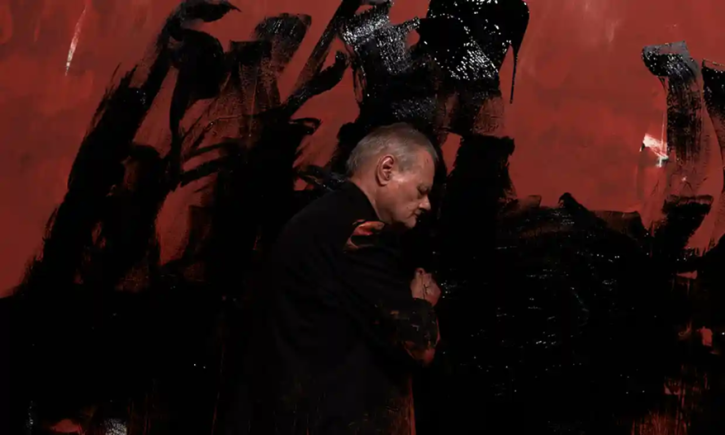
Mike Parr blind painting Going Home, December 2, 2023. (Photograph: Zan Wimberley)
Aesthetic transgression is a shibboleth of the avant-garde. It is underpinned by the liberal and progressive traditions of free speech and expression as inalienable rights. Yet only a couple of letters distinguish aesthetics from ethics when it comes to transgression, leaving the issue of how to negotiate ethical boundaries to the priorities of the market and in-house lawyers.
Absolute freedom is the narcissistic antithesis of responsibility, the dream of every helpless, constrained, greedy child. Asserting it can feel liberating, spacious, and powerful, but at some inevitable point the other (reality), from whom something vital has been taken, intervenes. The corporate art world is at the teat of free market capitalism, whose interests alone will determine what constitutes free speech. As such the art world is fundamentally self-interested, such that the idea of it occupying the moral high ground in any sphere is simply risible.
Be that as it may, the content of conceptual or political/performance art, whether it is a ‘Piss Christ‘ that deeply offends Christians or a performance piece critical of Israel’s prosecution of the war, adjudicating their moral essence is not the remit of the gallerist-dealer who has chosen to represent the artist and the artist’s creative independence and autonomy. Disputes are usually matters to be dealt with in consultation with the parties and stakeholders and, if necessary, via formal processes of mediation.
In this particular instance, however, AS autocratically terminated her professional relationship with MP for personal reasons: her rationale in defence that “it was not censorship”, was based on the fact that she permitted the painting and video documentation to remain in the gallery for the duration of the show – effectively a clever ruse and means of both censoring and not censoring, of pleasing everyone and no one.
During her interview with PK, AS detailed the abuse she suffered “for what I did”, and the congratulatory messages she also received, as if she – an independently wealthy art-dealer with no foreseeable threats to her livelihood or financial position – were some absurdist hero of a melodrama about speaking truth to power. The mundane reality is that the final decision-making power ultimately resides in AS as the agent/owner of the business, a power she invoked for personal reasons.
AS also said that MP infringed her principles of anti-racism. MP said that he discussed the general gist of the performance with her prior to the show before she gave him the go-ahead, and reasserted to PK that the performance piece was an anti-Zionist critique of Israel’s prosecution of the war. He was emphatic he could never condone the terrorist attack on Israel by Hamas, and further claimed that by excluding him from the Gallery, the complexity of his performance had been obliterated by AS, and that she had ‘disappeared my performance’ – an equally absurdist allusion to authoritarian regimes of rogue states.
That AS feels betrayed cannot be doubted. Yet some deeper reflection prior to acting may have revealed that the random elements of MP’s performance piece were also sourced from opinions and positions taken by Jewish people who have been advocating for civil rights, and economic and political freedom for the Palestinian people for decades.
Whilst MP, courtesy his own boundaries-pushing, transgressive, performative style may have set himself up for AS’s coup de grace, AS’s dumping of MP took their disagreement beyond the gallery and onto the street – where an unseemly pub fight continued. In that moment, AS swapped her role as agent for that of participant in MP’s performance piece, entering into the performative narrative and the psychodynamic/emotional action.
In retrospect, it appears that both MP and AS have, in the heat of misunderstanding and mutual triggering, regressed to the irrational impasse that is emblematic of the ideological clashes and misprisions regarding the Israel-Hamas war occurring elsewhere. Their disagreement also reveals that the idea that equitability can be preserved in a nebulous, unorthodox commercial relationship where no contract obtains between the parties is wishful thinking.
Thus, in classic libertarian style, by her dismissal of him AS has asserted that the range and scope of MP’s free speech under her aegis is for her to decide. The degree of his artistic freedom is entirely in her hands. The reasons given are personal, final, and non-negotiable.
In her interviews with AS and MP respectively, MK came across as the kindly referee between two upset and squabbling children, both equally responsible for the outcome of what seems like a long and difficult history of professional boundary ambiguities incapable of sustaining the greatest test of all.
One can only wonder if their contretemps is emblematic of the miserable impasses of the larger war.
6

Mike Parr, One of 26 Untitled Self Portraits. Pencil on typing paper. (Photo: Fenn Hinchcliffe).
“Father figures were always going to be an ambivalent inheritance. Controversial performances were accompanied by a massive sense of release right from the beginning. I’d discovered the power of acting out, but of course the problem of meaning remained, but that, for me, was, and is, essentially a cultural problem.” (Interview with Janet Mackenzie, Studio International, April 2023).
“I could always talk to [Anna] about my projects … she was always able to speak very supportively and give me the moral support that I needed to go on as an artist and I miss that.” (Interview with Patricia Karvelas, RN, December 2023).
Like his ground-breaking predecessor, Joseph Beuys (JB) before him, MP has directed his creative impulses and sublimated his traumatic experiences into interrogating authoritarianism and the tyranny of aestheticism, opting for a conceptual art that utilises aleatory elements in sometimes brutally confronting, durational pieces. He utilises performance as an intelligible, albeit metaphoric/symbolic, critique of power. His deconstruction of traditional portraiture, for example, is a monumental critique not only of the self-deception implied by the form but portraiture as an occasional emblem of an aggrandizing, imperialist culture. His radical interpretations of the self-portrait are movingly crafted crusades for private and public acceptance that function linguistically despite self-inflicted tortures symbolically re-enacted and the relentless physical demands of his political protest pieces.
There is no doubting the authenticity of MP’s commitment to political performance art. Whilst he might easily pretend to the sublime, he chooses to preserve the conditions for it. He puts his money where his mouth is and occasionally a sewing needle. He is an old-fashioned pacifist of sorts, who has been in a shadow-play war with the destroyers, the killers, the maimers, the crushers, and the autocrats of the world and probably, occasionally, with himself.
Though a master draughtsman and printmaker, performance is his signature metier, which he has perhaps not only utilised to contend with his private demons but to inveigle rigid externalities into entering and confronting his immersive, shamanistic rituals of psychic disinterment. Though also a fixer and repairer, he surgically disassembles and deconstructs to the point of evisceration then reassembles the pieces in aleatory fashion. He seeks acknowledgement, engagement, tolerance, dialogue, responsibility and understanding – less for himself in some narcissistic sense than for a world in denial, a world that turns away, whose gaze is averted from the truth.
MP is also something of a chameleon, highly defended against categorisation and the constraints and limits of completions and conclusions. He submerges himself in complexity and “involution” as if to properly observe and conceptually investigate a particular thing he must enter into its quintessential existence to the limits of possibility and endurance; if he is to have mastery over the world, he must pit himself against it, for mastery over pain frequently subject himself to it, and if he is to think creatively, he must “invoke limit states”.
This is a defensive process in and of itself, in being a means of control over an unpredictable, insouciant, and sometimes savage world. People often turn out not to be who they say they are. At the same time, it is a compassionate and altruistic vocation dedicated to universal understanding.
Perhaps most significantly, having had to deal with difference from birth, MP understands pain, repeatedly reacquainting himself with it and taking himself to his psychophysiological limits in re-enactments of various kinds via his performance art. His is no idle choice of métier but one of patent destiny, as it was for the war-traumatised Joseph Beuys before him, who admired artists and scientists conscious of their position in society and who work accordingly. Beuys also saw his performance art as shamanistic and psychoanalytic to both educate and heal the general public (op cit).
Psychoanalysis and the unconscious have therefore been core preoccupations of MP’s oeuvre more or less from the start, likely influenced by American psychoanalytic hybrids and therapeutic fads permeating the pop cultures of the ‘seventies and ‘eighties which may – as often happened – have prompted more serious personal investigations.
He understands what it means to be a child, to be not quite whole, to be mutilated and wounded in some way, over and over – as if living in some kind of eternal dialogue with the psychiatrist who was supposed to listen and help but who arbitrarily dismissed the pictures and writings of a wounded boy.
That MP’s proscriptions against rescue or intervention by the other during a performance are a method of dismantling defences against hearing and seeing and preventing instinctive recourses to silence and silencing. Now through his performative staring down of an eternal, biblical war, MP has again seized the epiphanic moment that occasionally accompanies traumatic breakdown. He feels it viscerally and can empathise with the suffering of others, and via Going Home he wants to draw us into unbearable interiority with him.
Nonetheless MP’s performance commitment is not merely personally therapeutic but comprises a radical moral polemics that has developed and materialised via a long and arduous apprenticeship in various media through which he symbolically deconstructs his psychological defences to reveal the heart of a universal issue as he apprehends it. The ‘gaze’ is inward, yet in the process MP challenges his audience to stare down with him to a point of engagement with an emotionally harrowing yet potentially consciousness-raising experience.
No matter MP’s capacity for endurance, however, AS had reached the limits of her tolerance. Art institutions and blue-chip investors rely on her judgment, and she has exercised her prerogative to terminate the relationship, unfairly or not. She is no Voltaire. This is business. Donors and patrons are pulling out of the STC.
Thus, whilst claiming she stands by her artists’ right to freedom of expression little will be surrendered to principle come crunchtime: Sunset Claws, Part 3: Going Home was a bridge too far for AS, who knows precisely where to draw the line when it comes to speech freedoms and censorship. The artist is expendable.
For better or worse, MP entrusted himself to a libertarian arts and letters milieu where, ironically, the predatory confections supplied by UB to a voracious investment market proceeded contemporaneously with his performative political critiques housed within the ASG stable under auspices of the Schwartz family empire.
That this particular decision was entirely subjective was revealed by the very act of dismissal. By sacking the artist yet retaining the work, AS effectively repudiated every core principle and artist statement pertaining to MP’s oeuvre.
As Jacqueline Rose remarked of Guterres, ‘A mere whiff of understanding, and he was condemned.’
7

Mike Parr blind painting Going Home, December 2, 2023. (Photograph: Zan Wimberley)
If one can dragoon the viewer into radical attentional focus on the unbearable, on the monstrous, on the visceral, one is making a bid to conquer the defensive disengagement of those once charged with a natural duty to shoulder a child’s pain, to comfort, and find a pathway through. A traumatised returned soldier-father who has difficulties breathing when food is put in front of him and who, as a soldier/survivor, has likely witnessed the mutilated bodies of the dead, is in his defensive remoteness incapable of holding this child, nor is a mother barely able to manage the parlous situation in which she finds herself.
A less harried and ‘stable’ arty mother, however, might be just the ticket. MP might be assured of a well-connected art world matriarch’s financial robustness, aesthetic sensibilities and commitment, as well as her presumed understanding of what it means to be a performance artist.
Secure in the ‘container’, one may freely push, express, and test with impunity until maturation demands greater space and freedom, and reality – often representing a nonplussed world incapable of understanding – reinstates itself.
Perhaps MP has forged a compromise between surrender to an actual, dyadic psychoanalytic/therapeutic process – about which he must be understandably ambivalent – and remaining vigilant against its wobbly unpredictability. By deploying his own version of the cathartic method once postulated to a provide a direct encounter with unconscious material, he can open a few valves whilst assuming dual roles of analyst and analysand. He has adapted a sublimatory method by means of his performance art that incorporates a pseudo therapeutic process to suit the psychic requirements of absolute control over an unpredictable world, yet within it lies the means whereby he can occasionally relinquish control to others whose reliability and trustworthiness have been tried and tested established over time.
MP has demonstrated his willingness to submit himself to what might otherwise be described as masochistic procedures of self-mutilation as if – as might be interpreted in the analytic setting – needing to test his capacity for endurance, thereby having physical pain standing in for emotional pain and suffering, and as a fantasy curative. But it is also protest and pedagogy.
MP occupies the border between aesthetics and ethics, a liminal zone which co-opts the visual tradition to coerce or coax from the viewer something beyond perceptual/sensual/aesthetic gratification. But here also lie the invisible threads the ‘compulsion to repeat’, a deeply unconscious, phenomenal process that triggers re-enactments of traumatic scenes in their turn requiring fresh rounds of defensive management. And alongside these psychic complexities are tendencies to unconscious identifications with the wounded, burgled, bullied, and silenced of the world that constitute the performative activism of an artist who for decades has been primally screaming for the world to wake up.
Thus, there is no sense in which MP cannot identify with the plight of a mutilated child, whether at the hands of Hamas terrorists or an army following orders. He understands how words can interfere with the truth, be misinterpreted and misconstrued. He removes words and phrases from the distant obscurity of their textual homes, speakers and writers, and inscribes them blindly on a gallery wall, symbolically removing himself as the creator of the texts whilst remaining the somnambulistic disseminator of their fragmentary meanings.
Perhaps with this unhappy denouement MP is evincing a final separation: where, in Dirty Blanket, he was grieving the loss of his brother he is now, in Going Home, finally farewelling a mother.
What kind of mother, however, remains an open question.
Like what we do at The AIMN?
You’ll like it even more knowing that your donation will help us to keep up the good fight.
Chuck in a few bucks and see just how far it goes!
Your contribution to help with the running costs of this site will be gratefully accepted.
You can donate through PayPal or credit card via the button below, or donate via bank transfer: BSB: 062500; A/c no: 10495969













